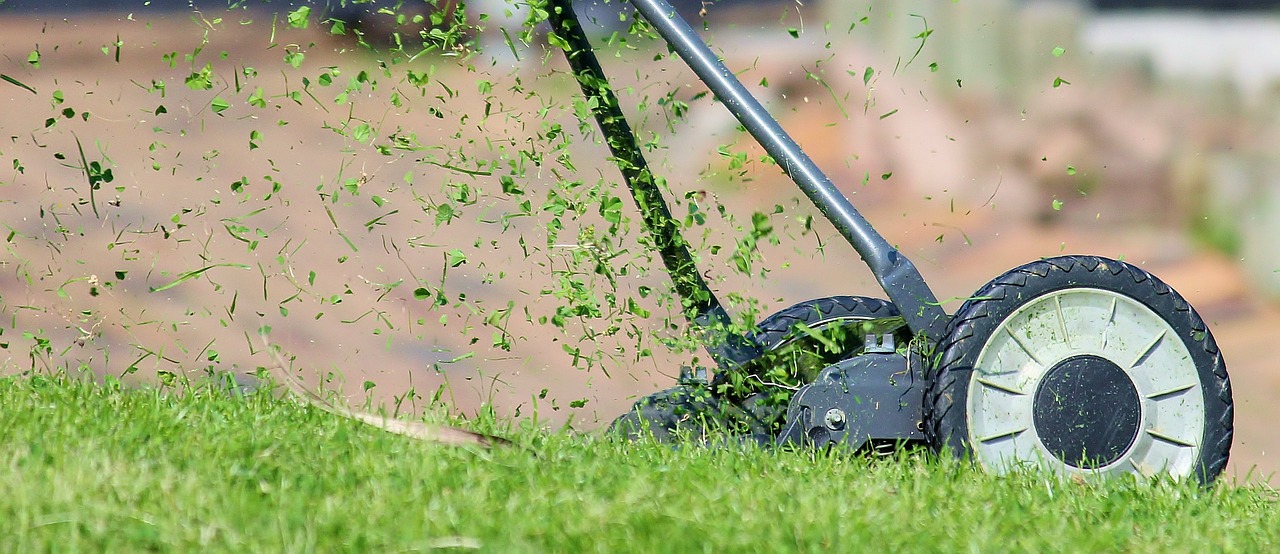There’s no denying that in our quest to build bigger houses and greener lawns, the balance of man and nature has been affected. When we talk about environmental degradation, we usually mean the destruction of rainforests or wildlife extinction. But it can also occur in our backyards and the towns we live in. The fact is our domestic life has also led to a laundry list of environmental issues, including water pollution and the introduction of invasive species.
Everything we do has far-reaching consequences. As the saying goes, a butterfly flaps its wings in Brazil, and you get tornadoes in Texas. For instance, the pesticide DDT was widely used in the 1940s and 1950s to control malaria. A few decades later, traces of the chemical were found in the Arctic ecosystem. We know now that DDT also decimated the bald eagle population. This is just one of the many stories of human carelessness.
Of course, that doesn’t mean that there is nothing you can do. Small changes to our lifestyle can have a big effect on our quality of life. Even the way you take care of your lawn can have a beneficial effect on the environment.
While modern techniques are designed to minimise their environmental footprint, some aspects of lawn maintenance still wreak havoc on the local ecosystem.
-
Use biopesticides
As I previously mentioned, DDT was incredibly effective in exterminating disease-causing pests and insects, but it also adversely affected many bird species. Birds exposed to DDT had a weakened immune system. Their eggshells were thinner, contributing to a higher bird mortality rate. People still must be careful when it comes to pesticides and insecticides, especially synthetic ones. While DDT has long been banned, there are lots of synthetic chemicals available on the market.
One alternative to chemical pesticides is biopesticides. Biopesticides are basically chemicals derived from natural sources. Instead of killing wildlife, they control the population instead. For instance, you can use a biopesticide to change the breeding patterns of some moths. These pesticides have been targeted and do not affect other animals and insects.
-
Make the most of your lawn clippings
Instead of disposing of the waste produced by your yard and garden, you can turn it into something valuable for the soil. Turning your lawn waste into mulch or compost is just one way of making the most of our waste. Instead of ending up in a landfill, the yard waste returns to the earth through decomposition.
After mowing, don’t throw away your lawn clippings. You can leave them on the soil to naturally decompose, nourishing the plants and the earth underneath. You can also add the clippings to a compost pile.

-
Use rainwater for watering
Clean water is a scarce resource, and with our rivers and aquifers dwindling, we need to find a way to better utilise our remaining freshwater resources. We’re now seeing prolonged drought lasting several years in California, Arizona, and Colorado, placing a strain on our already dwindling water supply. Instead of squandering precious water on watering the yard, why don’t you use rainwater instead?
Rainwater is totally free and, depending on where you live, also plentiful. If you live in an arid area, you may use large plastic barrels to collect rainwater. The rainwater can then be used to water your grass and plants. You can also hire reticulation contractors to devise a lawn irrigation system that’s more efficient and eco-friendly.
-
Switch to eco-friendly equipment
Gone are the times of noisy and destructive lawn maintenance equipment. Many manufacturers today produce eco-friendly lawn care equipment to appeal to an increasingly environmentally-conscious public. For instance, today’s lawn mowers aren’t as damaging as they used to, thanks to advances in design and technology.
It’s also a smart idea to switch to electric versions of machines instead of gas-powered ones. That way, you get to reduce your fossil fuel usage, and fewer fumes are released into the atmosphere. Instead of filling it with gasoline, you can connect to a plug and wait for it to charge.
A final word
These four tips will help you take care of your lawn and garden while still caring for the environment. We are at the cusp of an ecological catastrophe, and everything we do to lessen our impact on our planet goes a long way toward preventing permanent damage. As long as you remain conscious of your actions, we can work together towards healing our planet.
